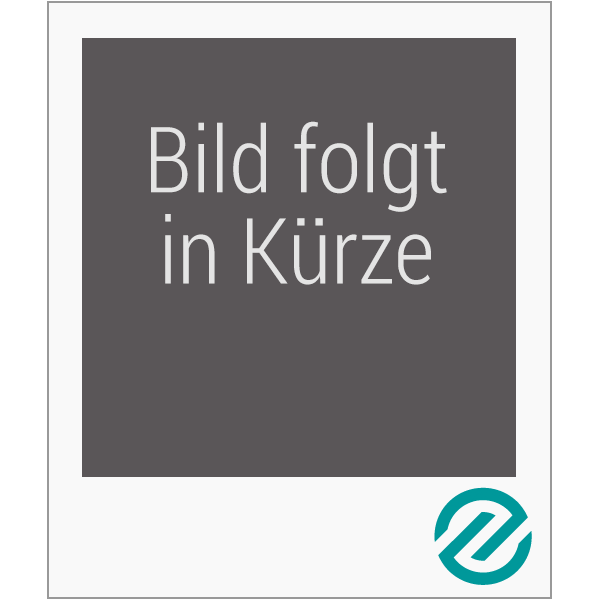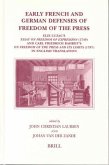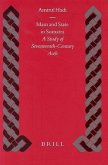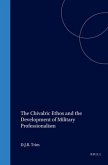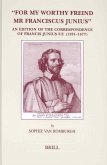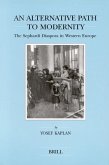This book examines the complex interrelationship between charity, confession, and capital in the orphanages of Augsburg, one of early modern Europe's great manufacturing and mercantile centers. The product of monumental, original research, if offers a thorough-going revision of current historical scholarship on poor relief, social discipline, organization building, and emergent capitalism.
Hinweis: Dieser Artikel kann nur an eine deutsche Lieferadresse ausgeliefert werden.
Hinweis: Dieser Artikel kann nur an eine deutsche Lieferadresse ausgeliefert werden.

